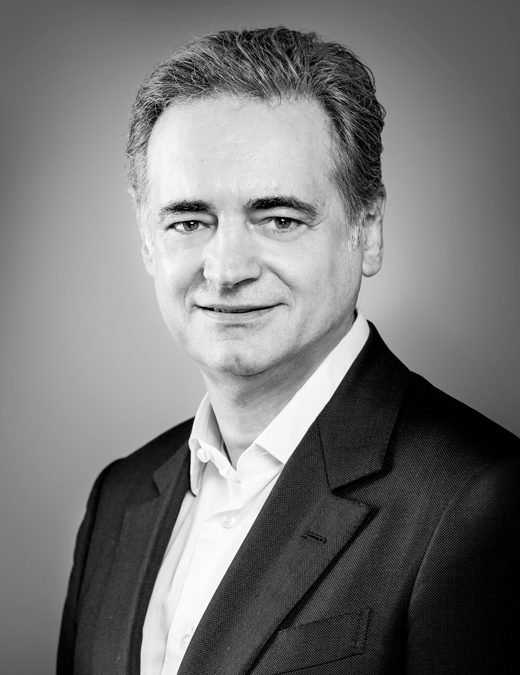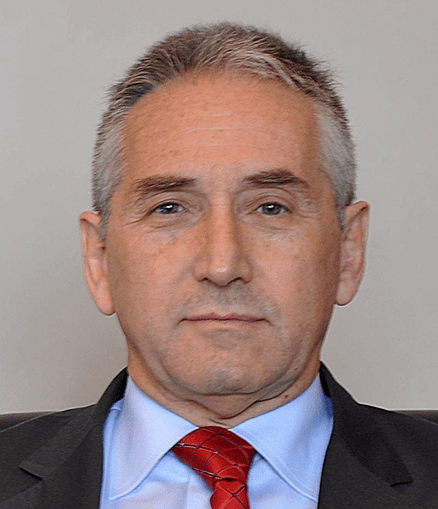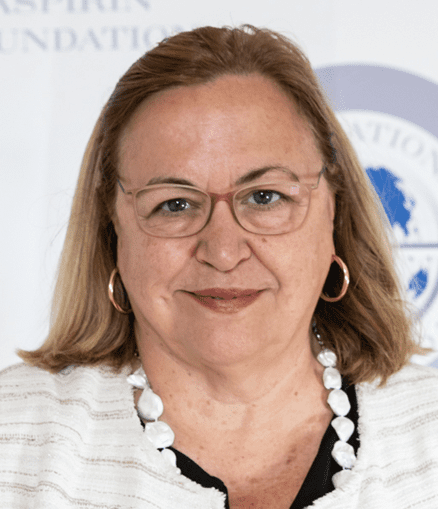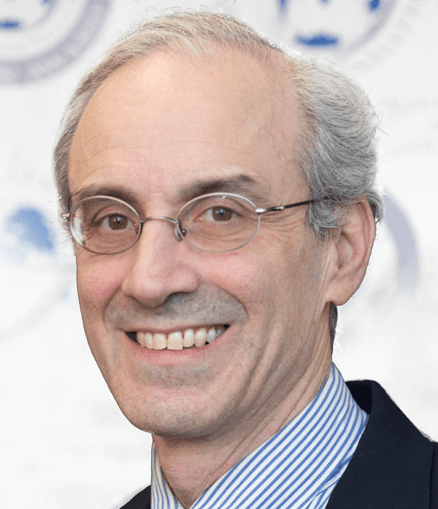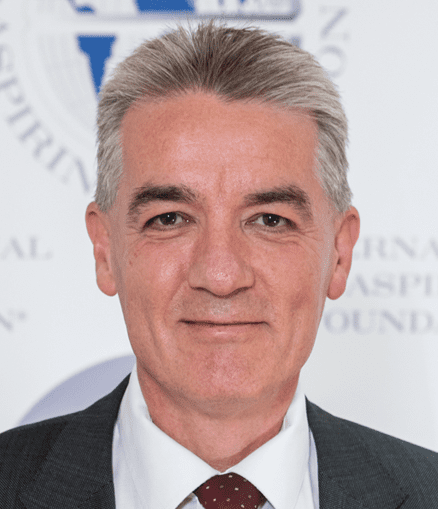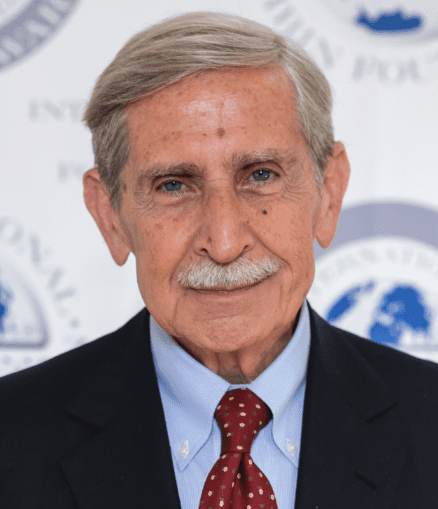The Aspirin Story
The story of Aspirin – a versatile medicine with a long history
Herbal medicine has used salicylic acid, the natural substance related to synthetic aspirin, from myrtle, willow and meadow sweet, since ancient times (at least 2500 BCE). Ancient history has many examples of humans using salicylic acid for medicinal purposes; there are clay tablets from the Assyrians in the Sumerian period (around 4000 years ago) in which willow leaves are recommended for rheumatic disease, the Egyptians describe the use of willow leaves or myrtle for joint pain or inflammation and Hippocrates (460-377 BCE) recommended an extract of willow bark for fever, pain and child birth. Ancient Chinese, Roman and Native American civilizations have all long recognised the benefits of plants containing salicylic acid for their medicinal benefits1,2,3,4.
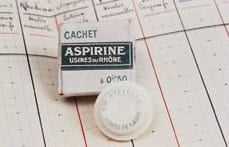
Meadow sweet, another source of acetylsalicylic acid, was one of three most sacred herbs to the Druid Celts (the other two are water-mint and vervain) and is one of the 50 ingredients in the drink ‘Save’ mentioned in Chaucer’s 14th century Knight’s Tale (known as Medwort or Meadwort)5.
It was an English clergyman, Reverend Edward Stone who carried out the first scientific study of the benefits of willow bark when he used it successfully to treat fever ‘ague’ in 50 of his parishioners. He documents this in a letter to the President of the Royal Society in 1763 6.
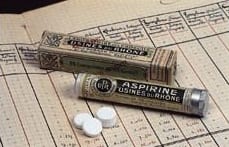
In 1828, Johann Andreas Buchner, Professor of Pharmacology at the University of Munich purified salicin from willow bark. A number of scientists worked on refining the process, but it was Professor Hermann Kolbe, at Marburg University who first worked out the chemical structure of salicylic acid and made it synthetically in 1859. Unfortunately, it had an unpleasant taste and irritated the stomach1. The first clinical trial of salicylate was recorded in 1876, by Thomas MacLagan, a doctor from Dundee who used salicin to obtain complete remission of fever and joint inflammation in his patients who were suffering from acute rheumatism1.
 Salicylic acid is a benzene ring with a phenol (HO) group and a carboxylic acid (COOH) group. Whereas other scientists had focused on the carboxylic acid group, Dr Felix Hoffman, a German chemist at Friedrich Bayer and Co, concentrated on the phenol group and managed on August 10th 1897 to acetylate the phenol group and produce pure stable acetylsalicylic acid (ASA) for the first time1,2. In this work he was supported and inspired by a number of other scientists including Arthur Eichengrün, Carl Duisberg and Wilhelm Siebel1,2,4. Dr Hoffman’s discovery was the first time a drug had been made synthetically and was the birth of both aspirin and the pharmaceutical industry 2. After recognising the importance of Hoffman’s discovery Professor Heinrich Dreser, Head of the Pharmacology Institute at Bayer, tested it first on himself, then in a series of animal experiments before successful clinical trials in humans1.
Salicylic acid is a benzene ring with a phenol (HO) group and a carboxylic acid (COOH) group. Whereas other scientists had focused on the carboxylic acid group, Dr Felix Hoffman, a German chemist at Friedrich Bayer and Co, concentrated on the phenol group and managed on August 10th 1897 to acetylate the phenol group and produce pure stable acetylsalicylic acid (ASA) for the first time1,2. In this work he was supported and inspired by a number of other scientists including Arthur Eichengrün, Carl Duisberg and Wilhelm Siebel1,2,4. Dr Hoffman’s discovery was the first time a drug had been made synthetically and was the birth of both aspirin and the pharmaceutical industry 2. After recognising the importance of Hoffman’s discovery Professor Heinrich Dreser, Head of the Pharmacology Institute at Bayer, tested it first on himself, then in a series of animal experiments before successful clinical trials in humans1.
The new compound was named and registered Aspirin on February 1st1899. The ‘A’ comes from acetyl and ‘spir’ from the first part of Spirea ulmaria (Meadowsweet) a botanical source of salicylic acid1.
Aspirin in cardiovascular disease prevention
In the 1950s Laurence Craven, a general practitioner from California, published his work using aspirin to prevent vascular events. Craven recommended aspirin for patients 45-65 years of age who were at risk of a heart attack due to weight or sedentary lifestyle. He found that in those who took aspirin no myocardial infarctions (MIs) occurred. Craven also observed that none of his patients taking aspirin experienced a stroke6.
Many different scientists contributed to our understanding of how aspirin effects platelet function. Dr Harvey Weiss in the late 1960s reported that aspirin displayed a rapid and irreversible inhibition of platelet aggregation7. It was Sir John Vane’s research group who were first to discover the role of prostaglandins in haemostasis 4. In 1971, Vane described aspirin’s inhibition of prostaglandin synthesis in a Nature publication8. In 1982 he was awarded the Nobel Prize for Medicine in recognition of this work and aspirin started to become established as a drug for treating and preventing cardiovascular. In 1985 Carlo Patrono with his research group showed that low dose aspirin permanently inhibits thromboxane9.
In 1974 realising the growing potential for aspirin and the importance of uniting the research community to study its benefits Nick Henderson FIPR HonFRCVS, established the International Aspirin Foundation to increase the knowledge and understanding of the drug. He remained an active member up until his death, age 92 in December 2018.
Professor Richard Peto, an epidemiologist at Oxford University, published in 1980 a meta-analysis of 6 trials and showed a highly significant 23% reduction in vascular disease mortality for those taking aspirin10. Interestingly this work also inspired Archie Cochrane to set up the Cochrane collaboration with the aim of organising medical research findings and facilitating evidence-based choices for clinicians, patients and policy makers2.
In 1988 the Second International Study of Infarct Survival ISIS-211 showed the benefits of aspirin after a heart attack. As a result, cardiologists start using aspirin as immediate standard practice for suspected MI. ISIS-2 also showed the importance of large randomised trials with thousands of patients in order to demonstrate these lifesaving benefits.
Also, in 1988 Physicians Health Study provided evidence that long term low dose aspirin resulted in a reduction in MI and a role for aspirin in the primary prevention ischemic heart disease12.
In 1994 The Antiplatelets Trialist Collaboration confirmed that aspirin could prevent further cardiovascular events and death in people with established vascular disease13. Then, in 2002, The Antithrombotic Trialist’ Collaboration14 publish a meta-analysis demonstrating the antiplatelet effect of aspirin and its role in preventing death, myocardial infarction and stroke in high risk patients. Aspirin also has an important role in the immediate treatment of minor stroke in order to prevent recurrent stroke15,16. Reviewing both its preventative effect for the two big killers cardiovascular disease and cancer the US Preventative Task Force17 in 2009 recommend aspirin for primary disease prevention in certain groups.
A 2020 publication looking at the secondary prevention of cardiovascular disease has shown that aspirin is still one of the best options18.
Aspirin in cancer prevention and management
1988 Professor Gabriel Kune noticed that people taking aspirin had a 40% lower risk of developing cancer of the large intestine19. Other research has further supported this finding and a time dependent reduced incidence in colorectal cancer has been observed20-22. In 2011, Sir John Burns23 showed the role of aspirin in helping to prevent cancer in carriers of hereditary colorectal cancer.
Further studies are ongoing to fully understand aspirins role in cancer prevention including the role of aspirin in reducing the risk of metastatic spread24,25 in established cancer.
Primary disease prevention
Results from recent primary prevention trials such as ASCEND, ASPREE, ARRIVE, AspECT seAFOod etc. have triggered a lot of debate and discussion26 and prompted refinement of further research studies. It is becoming apparent that an individualised approach is important as well as careful consideration of age and all risk factors. Individualised dosing regimens will be needed to fully exploit the potentially lifesaving benefits of this fascinating drug. A one size fits all approach is not appropriate and factors such as increased platelet turnover in certain disease conditions e.g. diabetes leads to ‘unblocked’ platelets in the circulation when a once daily aspirin regime is used4, in addition body weight can effects aspirin effectiveness 27.
References/Biography
- Jack DB. One hundred years of aspirin. The Lancet 1997:350: 437-39
- Elwood P. Aspirin yesterday, aspirin today, aspirin tomorrow: a history of prophylactic aspirin. 2017 International Aspirin Foundation
- Goldberg DR. Aspirin: Turn-of-the century miracle drug accessed 12/05/2019 @ https://wwwsciencehistory.org/distillations/aspirin-turn-of-the-centuary-miracle-drug
- Schrör K. Acetylsalicylic acid. 2016 Wiley
- Meadowsweet Botanical.com. A Modern Herbal by M Grieve. Accessed 09/05/20 @ http://www.botanical.com/botantical/mgmh/m/meadow28.html
- Wood JN. From plant extract to molecular panacea: a commentary on Stone (1763) ‘An account of the success of the bark of the willow in the cure of the agues.’ Philos Trans R Soc Lond B Biol Sci 2015 370(1666):20140317.
- Miner J. The discovery of aspirin’s antithrombotic effect Tex Heart Inst J 2007; 34(2): 179-186
- Vane JR. Inhibition of prostaglandin synthesis as a mechanism of action for aspirin-like drugs. Nat new Biol 1971; 231: 232-5
- Patrono C, Ciabattoni G, Patrignani P. et al. Clinical pharmacology of platelet cyclooxygenase inhibition. Circulation 1985; 72(6):1177-1184
- Peto R. Editorial: Aspirin and myocardial infarction. Lancet.1980;i:1172-1173
- ISIS-2 (Second international Study of Infarct Survival) Collaborative Group. Randomized trial of intravenous streptokinase, oral aspirin, both, or neither among 17,187 cases of suspected acute myocardial infarction: ISIS-2. J Am Coll Cardiol 1988; 12 (suppl A): 3A-13A
- Final report on the aspirin component of the ongoing Physicians’ Health Study. Steering Committee of the Physicians’ Health study research Group. N Engl J Med 1989; 321:129-35
- Antiplatelet Trialists’ Collaboration. Collaborative overview of randomised trials of antiplatelet therapy-1. Prevention of death, myocardial infarction and stroke by prolonged antiplatelet therapy in various categories of patients. BMJ 1994; 308: 81-106
- Antithrombotic Trialist Collaboration. Collaborative meta-analysis of randomised trials of antiplatelet therapy for prevention of death, myocardial infarction, and stroke in high risk patients. BMJ 2002; 324:71-86
- Rothwell PM, Giles MF, Chandratheva A et al. Major reduction in risk of early recurrent stroke by urgent treatment of TIA and minor stroke. EXPRESS study. Lancet 2007; 370:1432-1442
- Rothwell PM, Algra A, Chen Z et al. Effects of aspirin on risk and severity of early recurrent stroke after transient ischaemic attack and ischaemic stroke: time course analysis of randomised trials. Lancet 2016; 388:365-375
- US Preventative Task Force Aspirin for the prevention of cardiovascular disease: recommendation statement. Ann Intern Med 2009; 150:396-404
- Chiarito M, Sanz-Sánchez J, Cannata F et al. Monotherapy with P2Y12 inhibitor or aspirin for secondary prevention in patients with established atherosclerosis: a systematic review and meta-analysis. Lancet 2020; 395, 10235: 14487-1495
- Kune GA, Kune S and Watson LF. Colorectal cancer risk, chronic illness, operations and medications: case control results from the Melbourne Colorectal Cancer Study. Cancer Res 1988; 48; 15: 4399-4404
- Rosenberg L, palmer JR, Zauber AG et al. A hypothesis: Nonsteroidal anti-inflammatory drugs reduce the incidence of large-bowel cancer. J Natl Cancer Inst. 1991; 83; 5: 355-358
- Rothwell PM, Wilson M, Elwin CE et al. Long-term effect of aspirin on colorectal cancer incidence and mortality:20-year follow-up of five randomised trials. Lancet 2010; 376:1741-1750
- Rothwell PM, Price JF, Fowkes FGR et al. Short-term effects of daily aspirin on cancer incidence, mortality, and non-vascular death: analysis of the time course of risks and benefits in 51 randomised controlled trials. Lancet. 2012; 379:1602-1612
- Burns J, Gerdes A-M, Macrae F et al. Long-term effects of aspirin on cancer risk in carriers of hereditary colorectal cancer: an analysis from the CAPP2 randomised controlled trial. Lancet 2011; 378:2081-2087
- Chan AT, Ogino S, Fuchs CS. Aspirin use and survival after diagnosis of colorectal cancer. JAMA 2009; 302:649-658
- Rothwell PM et al. Effect of daily aspirin on risk of cancer metastasis; a study of incident cancers during randomised controlled trials. Lancet 2012; 379 9826: 1591-1601
- Chan AT, McNeil J 2018 Aspirin and Cancer prevention in the Elderly: Where do we go from here? Gastroenterology doi.org/10.1053/j.gastro.2018.11.063
- Rothwell PM, Cook NR, Gaziano M et al. Effects of aspirin on risk of vascular events and cancer according to bodyweight and dose: analysis of individual patient data from randomised trials. Lancet 2018; 392 10145: 387-399.


